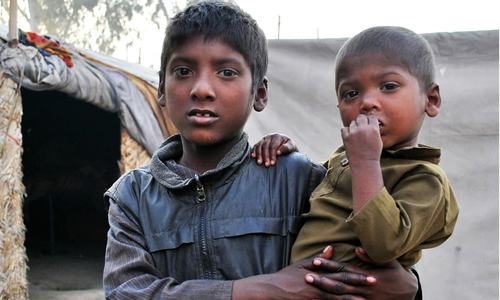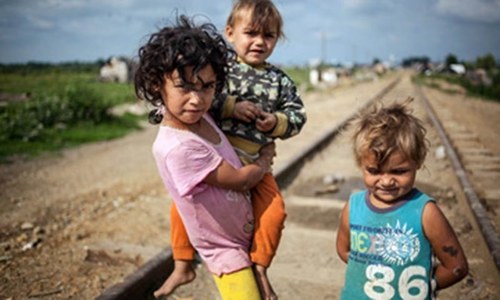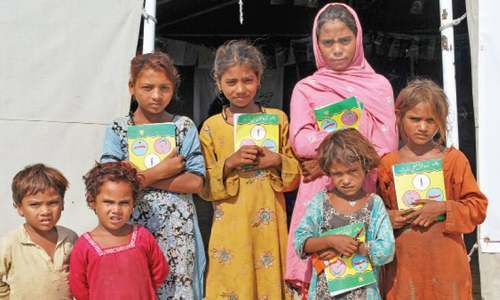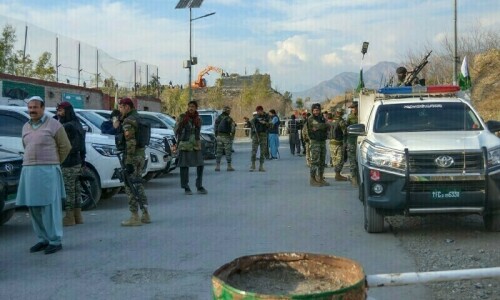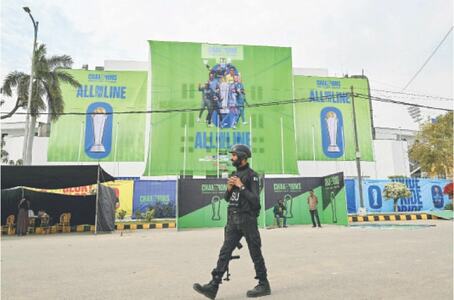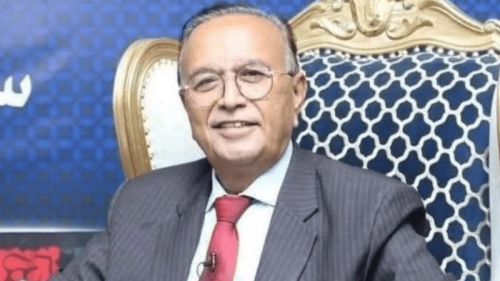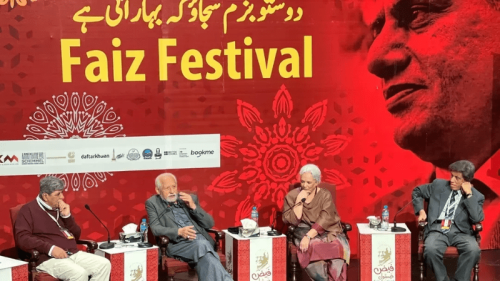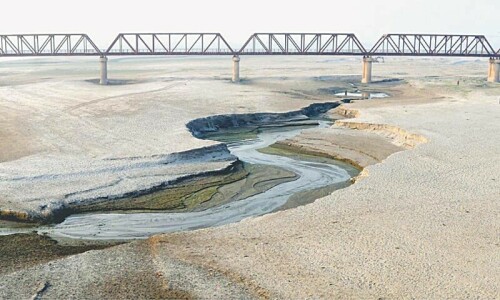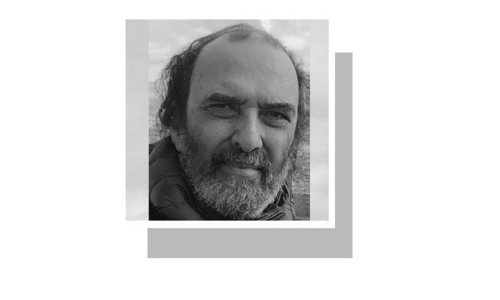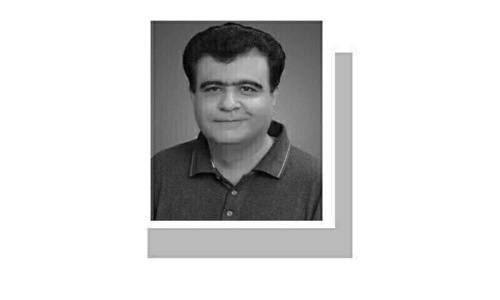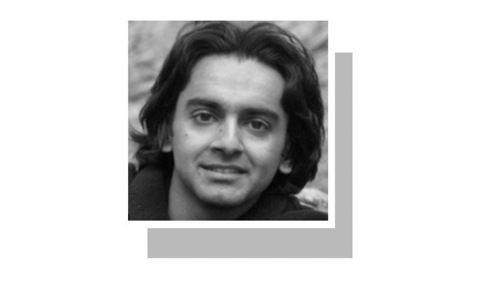Sitting under the shade of a makeshift roof, 35-year-old Khanabadosh, Azhra, is wondering where her family will be headed next. Her landlord has ordered them to evacuate the place. It was the same reason they had heard many times: the locals were complaining about them settling near their homes.
Azhra’s family, and four others, had settled for the time being in Bhara Kahu and were happy because her family could earn a living by collecting garbage from nearby homes on their donkey cart. And now, her family has to move again.
Moving is not something new to them, says Azhra, nor is the behaviour of people towards them. Her family has never really settled down anywhere and her six children have never attended school. They help their parents collect garbage and work other menial jobs to earn their bread and butter.
The Khanabadosh, or gypsies, are a socially and politically marginalised people who are deprived of their basic rights. They don’t receive an education and they don’t have earning opportunities like other people do because they always have to be on the move. They are not even granted the very basic human right of being social: everywhere they go, they are always the ‘strangers’ and no one mingles with them.
Crying because they have to find another place to live, Azhra said gypsies can never work one job for long because they have to give their work up when they leave.
Her neighbor, 40-year-old Sakina, a skinny woman living in the hut next to Azhra’s, said they don’t usually beg and try to look for jobs that will earn them money every day.
“Any daily wager’s job works for us, be it selling bangles, working as a laborer, beating drums or putting on monkey shows”.
Sakina’s daughter Samina, a willowy 15-year-old, said she had wanted to go to school but because they were always moving her dream of getting an education and building a proper life for herself seems more and more distant every day.
She now helps her mother with household chores and looks after her younger siblings when her mother is working.

When asked what they wanted from the government, the residents of the four mud huts that made up the gypsy village of Bhara Kahu said they did not even want their basic rights like ID cards or birth registration. All we want, they said, was a small piece of land where we can live without the constant fear of being evacuated.
A follow up visit the next day found the little gypsy village gone. All that was left was a small ring of stones that had once housed a fire for their meals.
No one knows where the Khanabadosh moved and what they have to do to put a meal on the table every day.
Whose responsibility is it to give these people a little land to live on?
Capital Development Authority (CDA) spokesperson Ramzan Sajid said it was not the civic body’s responsibility to give the gypsies a place to live. “Whenever we get reports that they have settled somewhere in the city we carry out operations to make them vacate the place”.
However, the National Human Rights Commissioner, ICT, Chaudhry Shafique said the National Commission for Human Rights was drafting a human rights framework for Islamabad which will address the issues faced by gypsies and homeless people in the city.
Till then, people like Azhra and Sakina will have to move from place to place in search of their little piece of land.
Published in Dawn, November 8th, 2015
On a mobile phone? Get the Dawn Mobile App: Apple Store | Google Play



